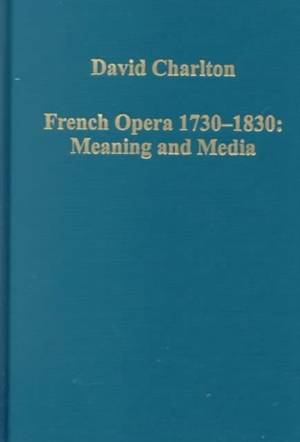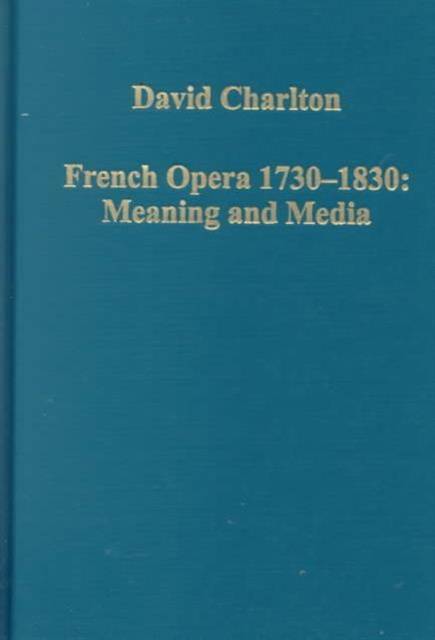
- Afhalen na 1 uur in een winkel met voorraad
- Gratis thuislevering in België vanaf € 30
- Ruim aanbod met 7 miljoen producten
- Afhalen na 1 uur in een winkel met voorraad
- Gratis thuislevering in België vanaf € 30
- Ruim aanbod met 7 miljoen producten
Zoeken
Omschrijving
The majority of these collected essays date from 1992 onwards, three of them having been specially expanded for this volume. Drawing on recent archival research and new musicological theory, they investigate distinctive qualities in French opera from early opéra comique to early grand opera. 'Media' is interpreted in terms of both narrative systems and practical theatre resources. One group of essays identifies narrative systems in 'minuet-scenes', in the diegetic romance, and in special uses of musical motives. Another group concerns the theory and Ã]sthetics of opera, in which uses of metaphor help us interpret audience reception. A third group focuses on orchestral and staging practices, brought together in a new theory of the 'melodrama model' linking various genres from the 1780s with the world of the 1820s. French opera's relation with literature and politics is a continuing theme, explored in writings on prison scenes, Ossian, and public-private dramaturgy in grand opera. David Charlton has written widely on French music and opera topics for over 25 years. The selection of his articles presented here focuses on the period 1730-1830 when Paris was a hotbed of influential ideas in music and music theatre, with many of these ideas taken up by foreign composers. This volume assesses the French contribution to the development of Classical and Romantic styles and genres which has hitherto not received the attention it deserves.
Specificaties
Betrokkenen
- Auteur(s):
- Uitgeverij:
Inhoud
- Aantal bladzijden:
- 390
- Taal:
- Engels
- Reeks:
- Reeksnummer:
- nr. 634
Eigenschappen
- Productcode (EAN):
- 9780860787822
- Verschijningsdatum:
- 20/03/2000
- Uitvoering:
- Hardcover
- Formaat:
- Genaaid
- Afmetingen:
- 149 mm x 224 mm
- Gewicht:
- 612 g

Alleen bij Standaard Boekhandel
+ 443 punten op je klantenkaart van Standaard Boekhandel
Beoordelingen
We publiceren alleen reviews die voldoen aan de voorwaarden voor reviews. Bekijk onze voorwaarden voor reviews.












